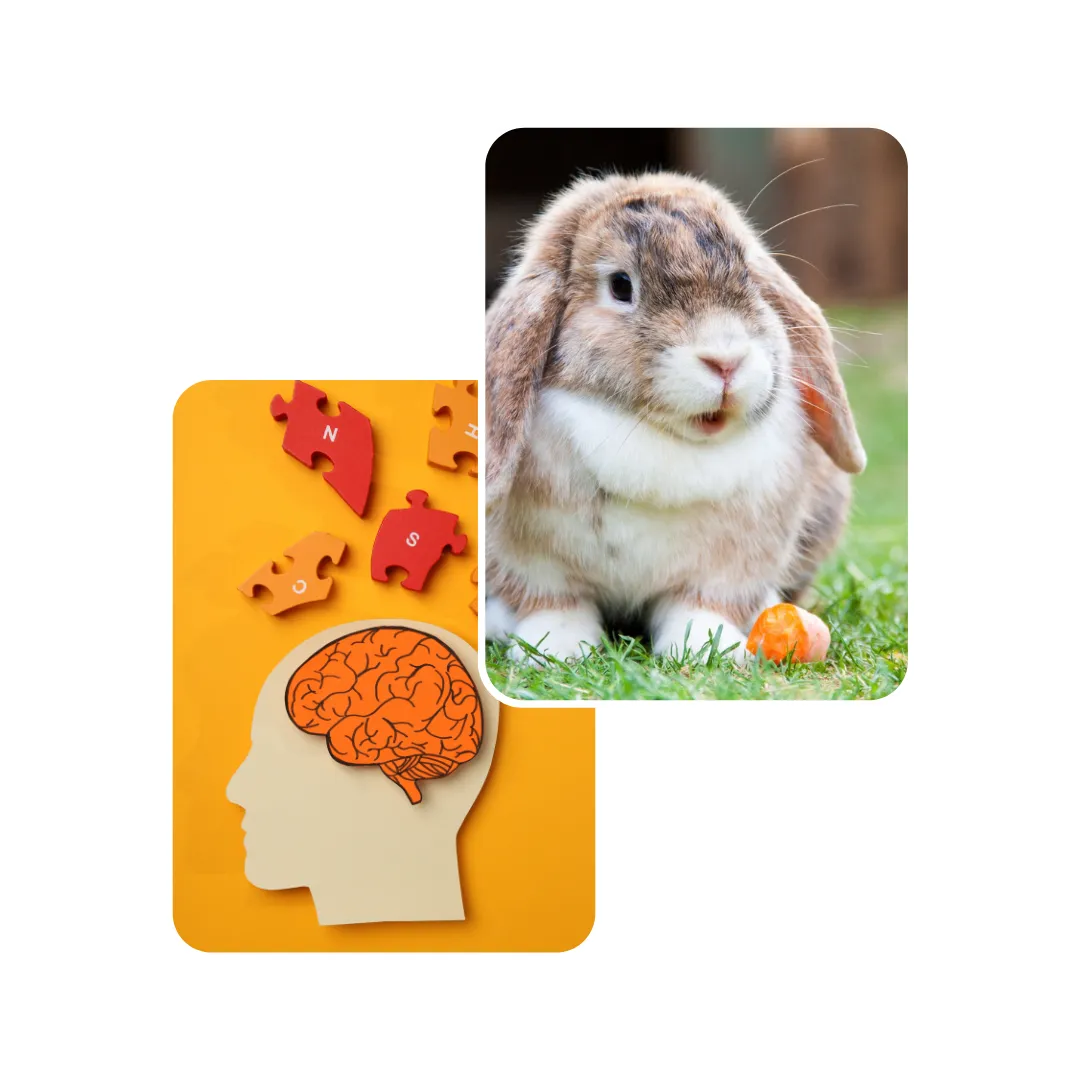

Falls, rough handling, and cage accidents are the most common. Outdoor rabbits may also suffer trauma from predators or environmental hazards
Yes, especially if it involves spinal fractures, internal bleeding, or severe shock. Immediate veterinary care is essential.
Look for pale gums, cold ears, rapid breathing, and weakness. Shock is life-threatening and requires urgent veterinary treatment.
Many do, especially from soft tissue injuries and minor fractures. Severe spinal or head trauma, however, may have permanent effects.
Handle rabbits gently, never let them jump from high places, and ensure their cage is safe with no sharp edges or gaps.
Your pet deserves expert care – Subscribe now for trusted tips and updates from our pet experts.
